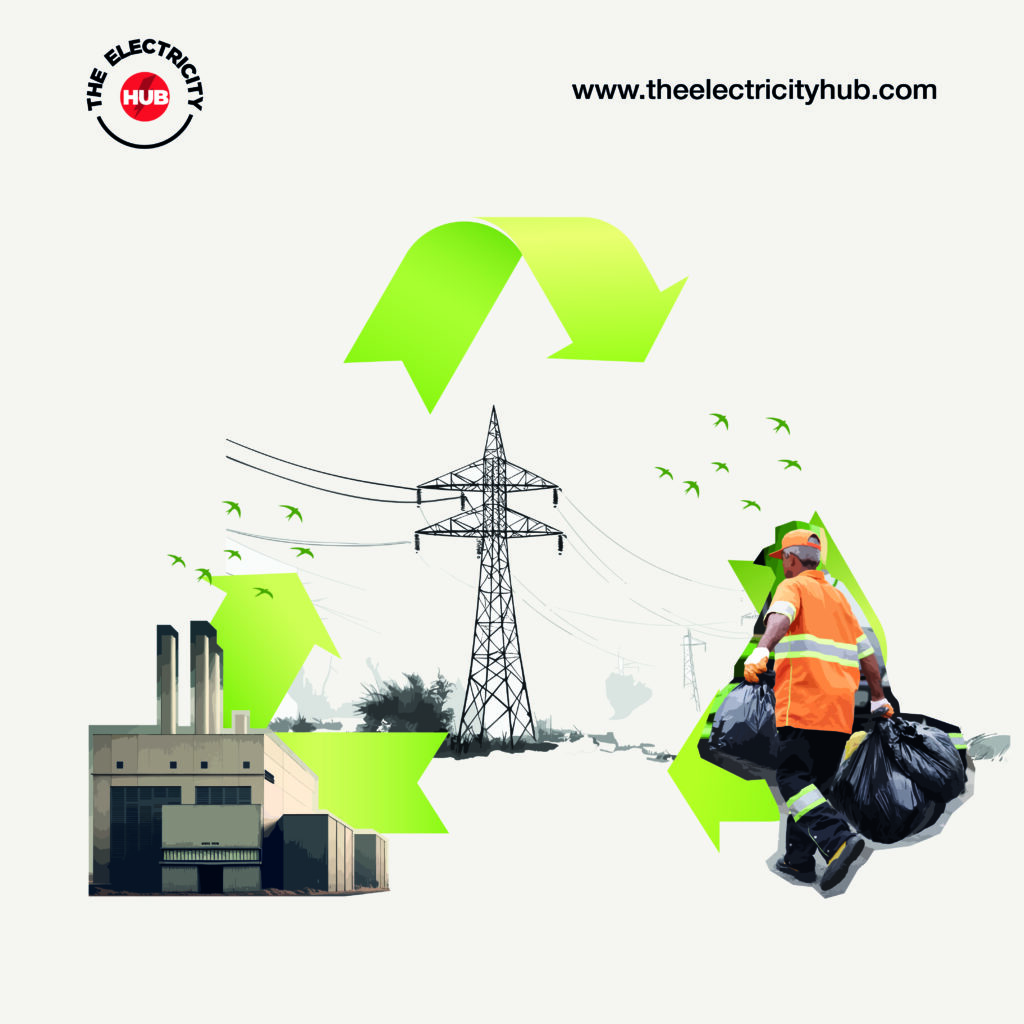
Circular economy has gained traction worldwide as a means of redefining energy consumption. A circular economy is a viable solution to address challenges associated with traditional linear production and consumption models. A circular economy is an economic system that aims to limit waste and pollution by keeping resources in use for as long as possible. The African continent has the opportunity to adopt a circular economy model, given its abundance of natural resources and the need to address the challenges of climate change.
According to the African Circular Economy Network (ACEN) report, circular economy principles can enable greater renewable energy uptake and transitioning. The African Circular Economy Network (ACEN) is a platform for practitioners working towards creating a restorative African economy. This envisioned economy aims to foster well-being and prosperity for all individuals by embracing new forms of economic production and consumption. These practices prioritise the preservation and renewal of environmental resources in Africa.
Also, the African Circular Economy Alliance was established at the 23rd United Nations Conference of Parties (COP23), with the participation of the Governments of South Africa, Nigeria, and Rwanda. The main goal of this Alliance is to promote the transition to a Circular Economy in Africa, encompassing countries, regions, and the entire continent. The ACEA focuses on policy guidance, leadership, advocacy, project implementation, and business expansion as its primary intervention strategies. Recognising the potential global economic benefits of $4.5 trillion by 2030, the Alliance aims to seize immediate opportunities in Africa to promote circular practices in sectors that will enhance the economy, job creation, and environmental sustainability in the long run. The current membership includes Ghana, Cote d’Ivoire, Nigeria, Rwanda, and South Africa, with other countries expressing interest in joining the Alliance and expanding its reach. This alliance has the potential to make a substantial contribution to the global effort to combat global warming while also stimulating sustainable economic growth in Africa.
A report on the “Five Big Bets for the Circular Economy in Africa” by the World Economic Forum identifies five opportunity sectors where circular economy principles can thrive: food systems, packaging, built environment, fashion and textiles, and electronics. Promoting circular business models, such as remanufacturing, recycling, and waste-to-energy conversion, can transform Africa’s energy landscape. These initiatives can tackle the growing problem of waste management while
simultaneously generating new energy sources. For example, waste-to-energy facilities can convert organic waste into biogas or biofuels, thus addressing two pressing issues: waste management and sustainable energy supply.
It is important to note that the success of the circular economy in Africa hinges on collaboration among governments, private sector entities, NGOs, and international organisations. Policy frameworks that incentivise renewable energy investments, support circular business models, and encourage research and development in clean technologies must be developed and implemented. Furthermore, knowledge exchange, technology transfer, and financial support can facilitate the adoption of circular energy consumption practices across the continent.
In conclusion, adopting a circular economy model in Africa holds immense promise in redefining energy consumption patterns, promoting sustainable development, and addressing urgent environmental issues.